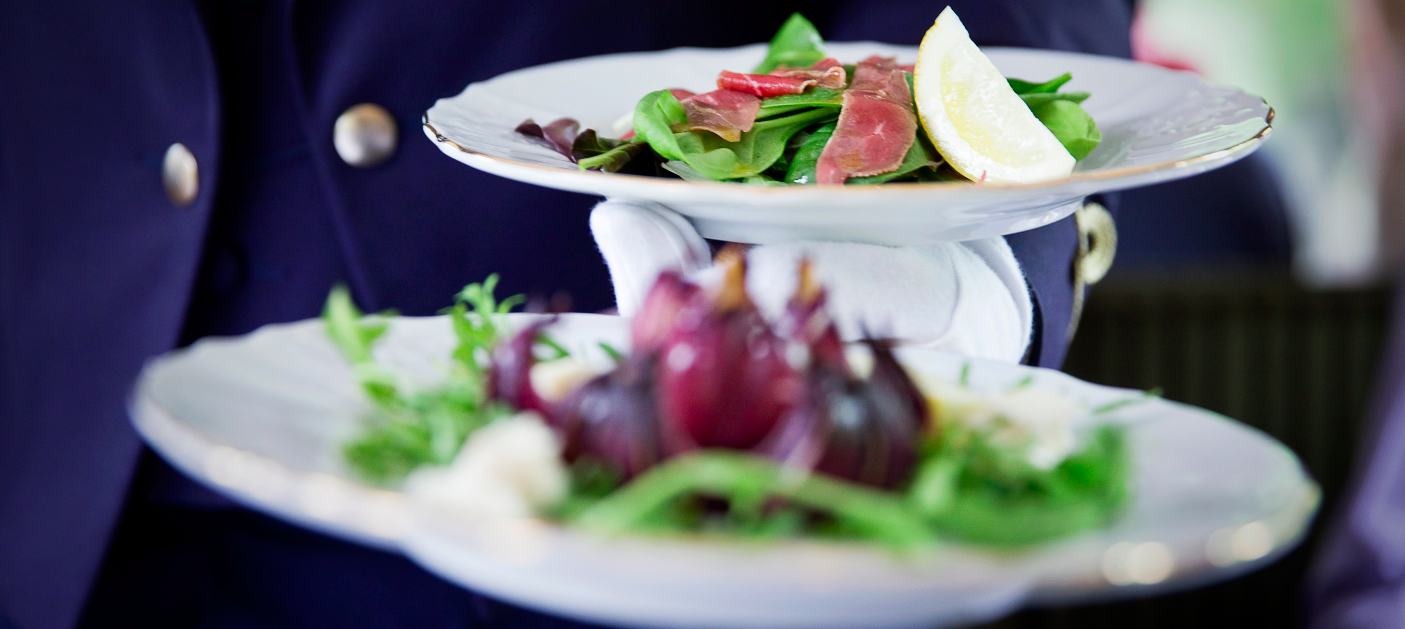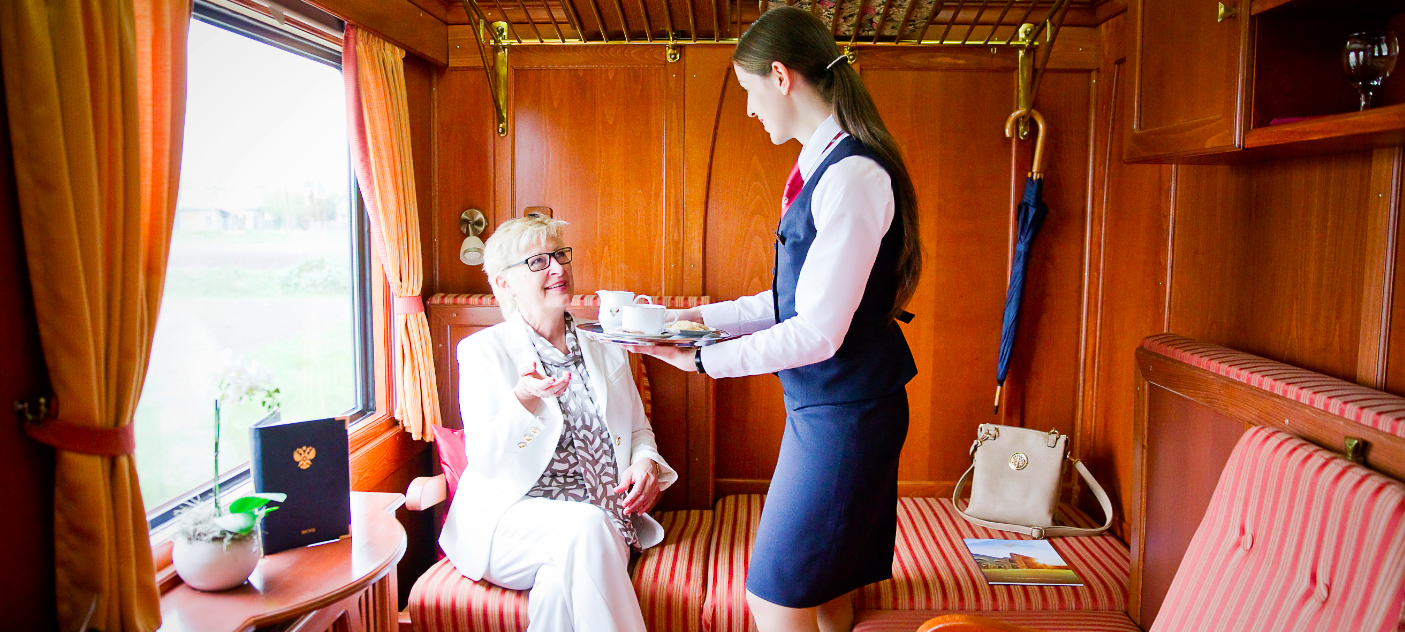The Index is a tool with six-core domains – work, money, knowledge, time, power, and health, as well as two additional domains: violence against women and intersecting inequalities. It gives more visibility to areas that need improvement and supports policymakers to design more effective measures.
Representatives of the Czech coalition government agreed on Wednesday to raise the country’s minimum wage by CZK 1,250 to CZK 14,600 per month as of next January, according to local media reports.
Czech Prime Minister Andrej Babis later confirmed the agreement, calling it a “good compromise,” according to Czech TV.
The minimum wage, which currently stands at CZK 13,350, was last increased in January this year.
Trade unions demanded for the minimum wage to be increased by CZK 1,640 while employers suggested an increase of CZK 700.
The negotiations resulted in a pragmatic settlement which should see a modest minimum wage increase of 1,250 crowns per month.
The formal text of the new regulation will be prepared by the Ministry of Labor and then be submitted to the Cabinet for approval.
With a minimum wage of CZK 12,200 in 2018 and CZK 11,000 the previous year, the Czech Republic has been among the EU countries with the lowest minimum monthly wage.
Labour Minister Maláčová has been pushing for an automatic year-on-year increase in minimum wages.
Hard Rock International continues to amplify its hotel collection with the announcement of Hard Rock Hotel Prague, opening in 2023.
Located next to Sparta’s Generali Arena (Letna) football stadium, the expansive hotel will boast magnificent views overlooking Letna Park and the spectacular Prague Castle from the hotel’s sophisticated rooftop Sky Bar.
Alongside the Sky Bar, the 6th-floor will be home to a speciality restaurant, with south-facing terraces overlooking the Vltava river valley.
Whilst all-day dining will be offered at Sessions, a restaurant which will feature an ingredient-driven menu. Guests can also venture to Constant Grind Coffee & Bar, which will serve coffee and light bites during the day and transform into a cocktail bar at night.
Commenting on the project, Todd Hricko, senior vice president and head of global hotel business development, noted “Prague is a striking favourite amongst European capital cities and has experienced great development in its tourism industry in recent years. Hard Rock is honoured to announce the arrival of its music-infused presence to this beautiful city following two years of work on the project.”
Other highlights of the property will include:
- Rooftop swimming pool
- Full-service Rock Spa®, with Body Rock® Fitness Centre, Rock Shop®,
- @Biz Business Center
- Lavish brand-signature Rock Star Suite
- In-room programs include music-infused yoga program Rock Om® and The Sound of Your Stay®, where guests will have complimentary use of Fender guitars, amps, and headphones.
- 1,800 capacity ballroom for live entertainment and meeting spaces
- External Woodstock Lawn for exhibitions, social events and more, for as many as 3,000
“We greatly appreciate the opportunity to work on this hotel with Hard Rock International, which will be the operator and tenant of the property. It is undoubtedly a respected hotel chain that will complement the existing portfolio of Prague hotels. For EP Real Estate, this is a key project in the domestic market, which we have been paying maximum attention to since the initial planning stage,” says Michal Viktorin, EP Real Estate Director.
Hard Rock Hotel Prague is the latest in a series of hotel announcements from the brand, following the recent opening of Hard Rock Hotel Maldives, the 30th hotel in the portfolio, and Seminole Hard Rock Hotel & Casino, the world’s first Guitar Hotel.
The brand look forward to an array of openings in 2020 including Hard Rock Hotel Dublin, Hard Rock Hotel Madrid, Hard Rock Hotel Amsterdam, and Hard Rock Hotel Budapest.
To celebrate the 30th anniversary of the Velvet Revolution, Prague’s Petřín Tower – which was modeled after, and strongly resembles, the Eiffel Tower – will lit up in blue, white, and red.
November 17th is a very important day for Czechs for two reasons.
1939
The original event that 17 November commemorated was the resistance of student demonstrators in 1939 to the Nazi occupation of Czechoslovakia. Initially, a student named Jan Opletal was shot in a protest and died on 11 November.
His funeral, attended by thousands of students, turned into another anti-Nazi demonstration.
One witness to those events said that the Gestapo and German soldiers had swept into student dorms in Prague, Brno, and Příbram, and dragged students off to Ruzyně prison. Nine student leaders were murdered by the Nazis and more than 1,000 sent to concentration camps.
As a result of these tragedies, in 1941, the 17th of November was marked as International Students’ Day.
Fifty years after such oppression, in 1989, Czech students organized a demonstration to commemorate the student martyr Jan Opletal and the International Students Day. It started off as an officially-sanctioned march but turned quickly into demonstration demanding the resignation of the country’s communist government. Students were brutally beaten by riot police.
This demonstration, which took place on November 17, 1989, is believed to have sparked the Velvet Revolution which eventually led to the freedom of the Czech people.
The special lighting was not a first-time event. On public holidays and other important dates, the tower has also been lit up in red, white, and blue after the Czech Republic flag.
Petřín Tower was built as part of the Jubilee Exhibition in 1891 as a loose copy inspired by the Eiffel Tower (at a ratio of 1:5). It is 63.5 metres high, and 299 steps lead to its peak, which is at the same altitude as the real Eiffel Tower.
A study done by Cushman and Wakefield, and advisory firm, shows that Prague’s Na Prikope street is the world’s 18th most expensive in terms of real estate rents.
Rent on the mainly pedestrian road, known as the tourist shopping main street, can reach 2820 euro per square meter.
Table: Country chart by the most expensive retail streets
|
Rank 2019 |
Rank 2018 |
Location |
City |
Market |
Rent Q2 2019 |
|
1 |
1 |
Causeway Bay (main street shops) |
Hong Kong |
Hong Kong, China |
25,965 |
|
2 |
2 |
Upper 5th Avenue (49th – 60th Sts) |
New York |
USA |
21,295 |
|
3 |
3 |
New Bond Street |
London |
United Kingdom |
16,222 |
|
4 |
4 |
Avenue des Champs Elysees |
Paris |
France |
13,992 |
|
5 |
5 |
Via Montenapoleone |
Milan |
Italy |
13,700 |
|
6 |
6 |
Ginza |
Tokyo |
Japan |
11,838 |
|
7 |
7 |
Pitt Street Mall |
Sydney |
Australia |
10,185 |
|
8 |
9 |
Bahnhofstrasse |
Zurich |
Switzerland |
8,195 |
|
9 |
8 |
Myeongdong |
Seoul |
South Korea |
8,163 |
|
10 |
10 |
Kohlmarkt |
Vienna |
Austria |
4,860 |
|
11 |
11 |
Wangfujing |
Beijing |
Mainland China |
4,453 |
|
12 |
12 |
Kaufinger/Neuhauser |
Munich |
Germany |
4,440 |
|
13 |
13 |
Grafton Street |
Dublin |
Ireland |
3,794 |
|
14 |
15 |
Ermou |
Athens |
Greece |
3,420 |
|
14 |
14 |
Portal de L’Angel |
Barcelona |
Spain |
3,420 |
|
16 |
17 |
Orchard Road |
Singapore |
Singapore |
2,957 |
|
17 |
16 |
Kalverstraat |
Amsterdam |
Netherlands |
2,850 |
|
18 |
19 |
Na Příkopě street |
Prague |
Czech Republic |
2,820 |
|
19 |
18 |
Stoleshnikov |
Moscow |
Russia |
2,728 |
|
20 |
21 |
Khan Market |
New Delhi |
India |
2,302 |
Note: Hong Kong is a Special Administrative Region (SAR) within China
Jan Kotrbáček, Partner & Head of CEE Retail Agency Team, Cushman & Wakefield: “The local retail market is relatively young compared with western countries, since good quality retail on an international scale has been built here only during the last 30 years since the fall of the communist regime. This is why it still has great potential for further improvement.”
Macroeconomic and demographic parameters play a great role as well. The GDP keeps on growing across the CEE Region (and is set to grow faster than in the West in the future) while the purchasing power of the local citizens is growing too.
The Czech Republic also benefits from a high number of visitors – they generate 50 per cent of Prague’s retail turnover. Prague has been regarded as a highly attractive and safe tourist destination for a long time, boasting 7.9 million visitors and 18.3 million overnight stays a year.
Prague’s importance is underscored by the development of the Prague Airport where the number of tourists served has been growing significantly – it has almost doubled over the last 10 years.
In turn, premium brands prefer Pařížská, which represents Prague’s prime luxury segment and follows Na Příkopě closely in terms of rental value. Celine opened its shop in this main street of Central European luxury retail last year and there are rumours that Chanel and other major brands will follow suit in the near future.
Prague’s high streets also respond to the trends that are currently moving the entire retail market: “Retailer structure is changing; we see growing interest on the part of the leisure segment, which comes up with leisure concepts attractive for tourists such as various museums, and the F&B segment, or catering facilities. One specific example is the Time Out Market with its food hall concept, which will become part of the Savarin project in the centre of Prague,” Jan Kotrbáček explains.
Notes on the Main Streets Across the World methodology:
The ‘most expensive street’ concept: This means the most expensive/attractive retail streets based on the amount of rent – this is what reflects and determines the attractiveness of a street. The chart does not work with the prices of goods – the streets are not the most expensive from the viewpoint of customer prices.
The rent amount parameter: The chart works with the highest achieved amount of rent per sq m for an ideal 100 sq m of space (i.e., if the area is a multiple of that, the price is not simply multiplied) with the ideal conditions (e.g., the perfect shop windows) based on the ‘Zone A method’ used in Western Europe (rental value at a distance of 10 m from the shop window).
Buying quality meat or fresh fish is sometimes a bit of a hassle. Fortunately, tons of quality butchers and fishermen have recently opened, and even the classic meat shops are still in service.
Below is a list of where to purchase your meats.
One of the most famous butcher shop in Prague. All meat comes from Czech farms. Beef is from the breed of honor and pork from the Prestice pigs. In Our Meat, they personally supervise the slaughter of animals. They cut the meat and let it mature. Whole quarters are left hanging for 7 to 14 days at low temperature(s) to give the meat the best possible taste.
- Purchase: beef, pork, poultry, lamb, veal
- Address: Dlouhá 39, Prague 1 or shop online
OUR TIP: Aged Wagyu – Wagyu meat comes originally from Kobe, Japan. It has a very intense taste, distinctive marbling, and is the most expensive beef in the world. In Our Meat, you will get a so-called Kobe-style, which is not pure Wagyu, but a combination of 75% Wagyu breed and 25% Angus. The meat is 60 days old and comes from the Krontorád family farm in Sloupnice. Quite expensive but one must have a taste once!
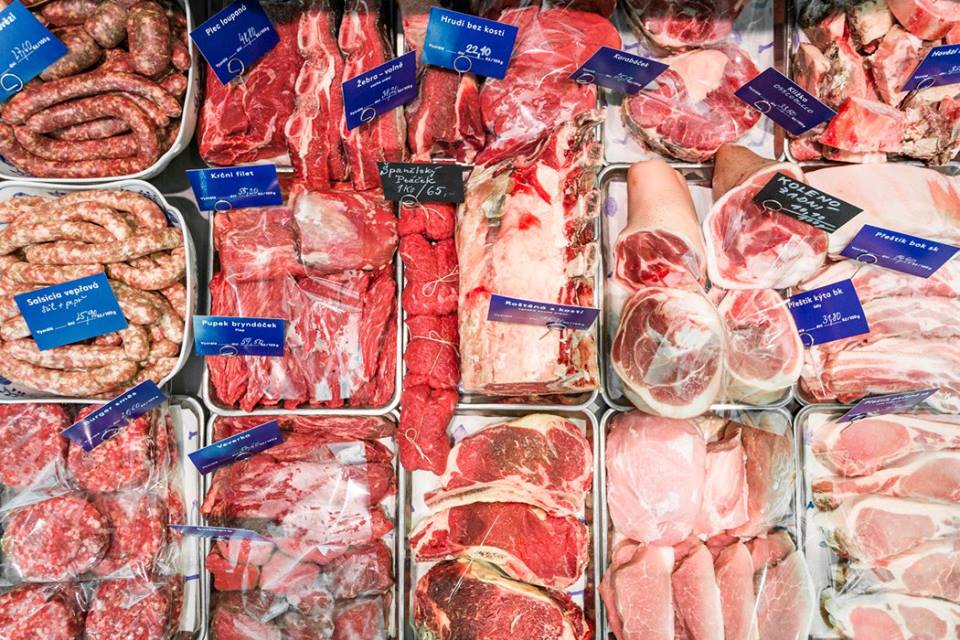
Source: Nase Maso on Facebook
Much has been written about the end of Mr. Kšána’s legendary butcher shop in Břevnov, and this has caused great sadness to most meat lovers. Fortunately, a couple of clever heads came together and decided to continue the long-standing tradition of the local butcher shop, which has been operating there since the 1950s (formally ran by the Hen family). The original staff agreed and under the leadership of Mr. Makara the new butchers embarked on a difficult job. However, it seems that their efforts paid off and you can get really good meat from Czech farms.
- Purchase: beef, pork, poultry, game
- Address: Patočkova 1459/73 Prague 6 or you can shop online
Maso Turek
In 1992 Tomáš Turek founded the company Maso Turek. It operates a shop in the center of Prague –Jindřišská Street—and offers its customers a wide range of meat, poultry, smoked and delicatessen products, cheese, fresh bread, and drinks. Maso Turek prides itself on the selection of the highest quality products and prefers Czech producers and processors of meat and poultry.
- Purchase: pork, beef, veal, lamb, poultry, game
- Address: Jindřišská 875/23, Prague 1
Rybistro fishpond can be found in Prague on Jiřího z Poděbrad Square. It combines fresh fish/seafood dishes with a bistro shop. The chilled fish and seafood are delivered with unmatched freshness and quality. Fish on certified farms fed with natural foods only.
- Purchase: salmon, tuna, trout, cod, perch, calamari, shrimp, oysters
- Address: Jiriho z Podebrad 11, Prague 3
OUR TIP: Oysters imported 3 times a week directly from France. Also you can buy a bottle of champagne at Le Caveau right next door!
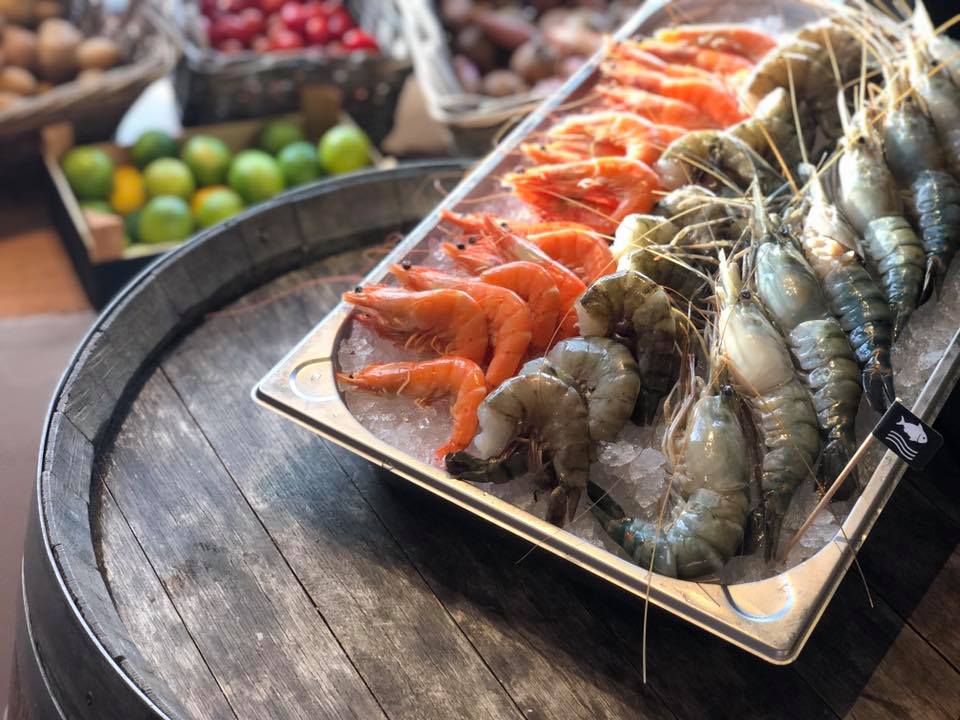
Source: Rybistro on Facebook
František Kratochvíl’s Smíchovské uzeniny company was established in 1992 as a family-owned company with a tradition of butchers’ masters handed down from generation to generation. It is a member of the Association of Meat Processors. The company owns several certificates.
- Purchase: pork, beef, poultry, lamb, game
- Address: Nádražní 56/106, Prague 5
Cofounders of the banquet are life partners Jaroslava and Miroslav Juhász. Jarka comes from the Uhrů family, who owns the Ekofarma Pond that sells meat. Jarka gained sufficient experience with meat on the farm (from animal husbandry, through slaughter and cutting up, to culinary preparation).
- Purchase: beef, (young bull, heifer, cow), pork, mutton, lamb, game – all in organic quality
- Address: Boleslavova 17, Prague 4 – Nusle, markets at Jiřího z Poděbrad Square (Wednesday and Saturday) or online
The history of Terry’s (before SelaVita) began in 2010. It was at that time that a group of enthusiasts, gourmets and professionals gathered together. They set out to treat Czech connoisseurs of first-class mature steak meat from the continent that is famous for it. And so great steaks from South America started to be imported.
- Purchase: beef from Argentina, Uruguay but also from Czech breeds, hop pork (pigs fed with a special mixture with hops), veal, game
- Address: Italská 17, Prague 2 or online
Makro has a large assortment of both meat and fish (everything chilled and frozen form). The downside is that you must have a special card that entitles you to buy.
- Purchase: everything – meat, fresh fish/seafood
- Address: Black Bridge (Chlumecká 2424, Prague), Stodůlky (Jeremiášova 1249/7), Průhonice (U Makra 102)
Established in 2010 with the first butcher shop opened in the Czech Republic. Meat processed from pasturage animals only. Yet, they turn out tender and tasty. You can buy first-class beef or Prestice pork today.
- Purchase: beef, pork, mutton
- Address: Náplavní 2011/5, Prague 2
OUR TIP: Meat crates and bags are prepared according to the season so you can taste interesting pieces of meat and cook something new at home. Recipes are also available for inspiration.
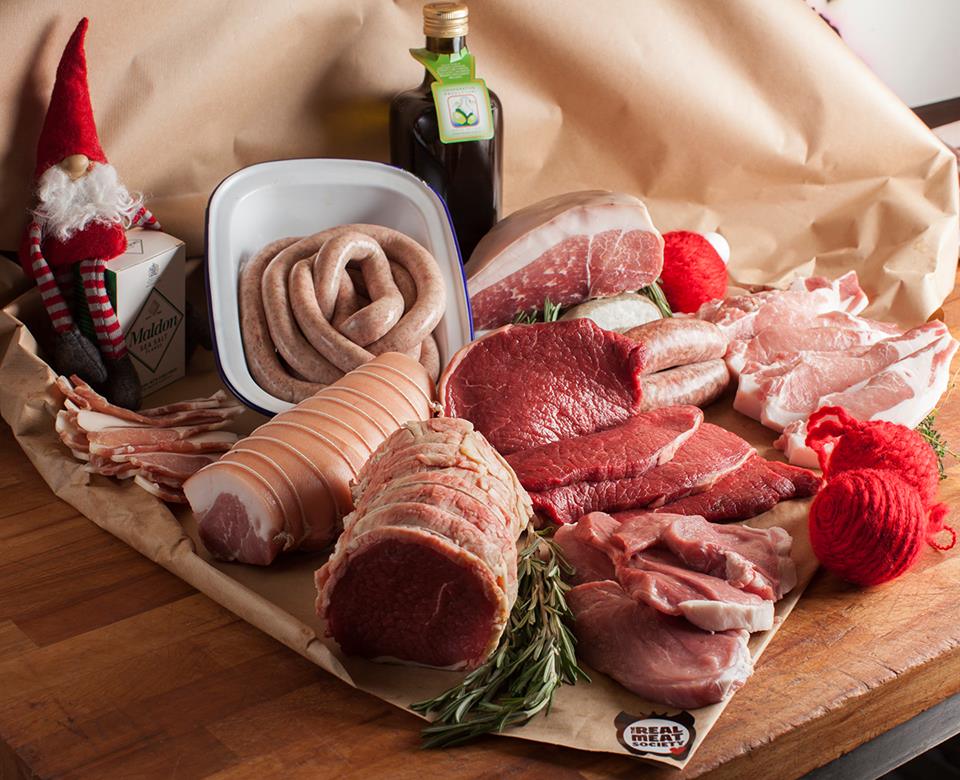
Source: Real Meat Society on Facebook
“Our main concern is to have the same filament of fish in your pan as when you buy a chicken or bull steak, which is what we want to differentiate from the big chains in Rybárny. Our aim and wish are to offer our customers a wide assortment of fresh freshwater and sea fish of high quality at reasonable prices,” commented Martin Fanta, manager of the shop.
- Purchase: a wide selection of both freshwater and saltwater fish
- Address: Sokolovská 570/310, Prague 9-Vysočany
Šumavská zvěřina
This company has been selling venison since 1996. From the very beginning, this family business has placed great emphasis on high quality, solid conduct and a personal approach to each customer. Most of the game is bought from Bohemian Forest, Central Bohemia, and South Bohemia. The company holds the certificate “ŠUMAVA original product” and the award “Klasa” for three products (chilled boneless deer leg, chilled boneless venison leg, and chilled wild pig leg).
- Purchase: wild boar, deer, roe deer, fallow deer, mouflon, pheasant, guinea fowl, eagle, mallard, hare
- Address: online at eshop
Robertson
Founded by Christopher Robertson in April 2003. Today, the company is one of the most respected traditional butcher shops in the city, and at the same time the operator of very successful delicacies and specialty stores. Robertson stores have become very popular among Prague citizens for their wide range of meat and other products.
- Purchase: beef, pork, veal, lamb, rabbit, fish
- Address: Nuselská 60, Prague 4, or online
A genuine Czech meat shop, where you can find everything from Czech meat and foreign breeds, through selective sausages from our own production, to cheeses from small Hollander and French producers. They know each other personally and thus guarantee the highest possible quality of the assortment.
- Purchase: beef, pork, and others according to the current offer
- Address: Kozí 9, Prague 1
Prague City Hall will raise the price of municipal waste collection by 30 percent. On Thursday, representatives of the capital approved an amendment to the decree setting the cost of the service.
The city is expected to raise 220 million crowns extra per year, which is to significantly reduce the amount of money it has to pay for the waste collection and disposal system.
Another part of the change is the introduction of a biowaste collection service, whose price will be halved compared to the present. The opposition rejected the price increase. Nowadays, households in the metropolis pay monthly for the collection of ordinary waste from 86 Kč to 5737 Kč, depending on the frequency and size of the container.
Deputy Mayor of Prague, Petr Hlubuček (STAN) stated that the price for collecting has not changed since 2005 when the decree came into force. The city’s costs for the collection of municipal waste is over 977 million crowns a year; the rest is from the budget subsidy. After the increase, which will bring about 220 million crowns to the city budget, the financial participation of the city should decrease from last year 26 percent to three percent.
In an amendment to the decree, the representatives also approved the introduction of a bio-waste collection. It is possible to order it from PSAS. PSAS offers the service from 1346 Kč per year when transporting a 120-litre container once every 14 days or 8611 Kč when collecting a container of 240 litres twice a week. After taking over the service by the city, prices will be halved.
However, biowaste containers will still not be mandatory and will only be provided by the city to households that request them. These days, around 13,000 homes pay for a biowaste container in the metropolis.
Opposition ODS and ANO criticized the price increase on Thursday. The chairwoman of the Civic Democrat Party, Alexandra Udženija, said that an increase of 30 per cent would mean a significant encroachment on household budgets and that the city should not continue to increase housing costs. Patrik Nacher, the head of ANO, pointed out that the city has already allowed the districts to increase property tax, many of which have taken advantage of it.
Waste fees are paid according to the size and number of containers and the frequency of exports. According to Prague 10 spokesperson, Jan Hamrnik, it is not possible to say a specific amount for apartment buildings, because it depends, among other things, on the number of tenants in the house. It ranges from 600 to 960 Kč per person and per year.
Last year, people in the city produced 321,183 tons of waste; a year earlier, it was 304,325 tons.
The sorted waste was 56,949 tons last year. Paper is the most sorted. Other waste ends up in the collection yards, which are located in Prague 20. Waste collection for about two-thirds of the city is carried out based on a contract with the Prague City Hall, and the rest is provided by AVE CZ entrepreneur Daniel Křetínský and its subcontractors.
The European Institute for Gender Equality released on 15 October its 2019 Gender Equality Index, showing that EU’s score for gender equality is up just one point to 67.4, since the 2017 edition.
With 55.7 out of 100 points, the Czech Republic ranks 21st in the EU on the Gender Equality Index. Its score is 11.7 points lower than the EU’s score.
Between 2005 and 2017, Czechia’s score increased by only 2.1 points. The country is progressing towards gender equality at a slower pace than the other EU Member States. Its ranking has dropped by four places since 2005.
Czech Republic’s highest score is in the domain of health (86.3 points), although this is one of the lower scores in the EU (ranking 18th). Since 2005, the Czech Republic’s scores have improved the most in the domain of knowledge (+ 6.8 points) and money (+ 6.5).
Sweden continues to top the EU scoreboard, with 83.6 points, followed by Denmark with 77.5. Greece and Hungary have the most ground to make up, with both scoring less than 52. The biggest improver is Portugal, with an increase of 3.9 points, followed closely by Estonia with 3.1 points.
Work-life balance and its connection to gender equality are a special focus of this year’s Index. In the EU, 28 % of women and 20 % of men are ineligible for parental leave.
“As the new EU Parliament and Commission shape and renew EU priorities for the next strategic framework, it is crucial that gender equality gathers speed”, said Virginija Langbakk, director of the European Institute for gender equality.
“Gender inequality is holding Europe back from reaching its full potential. I am proud of what we have achieved, however now our actions need to make a difference on the ground”, added Věra Jourová, EU Commissioner for justice, consumers and gender equality.
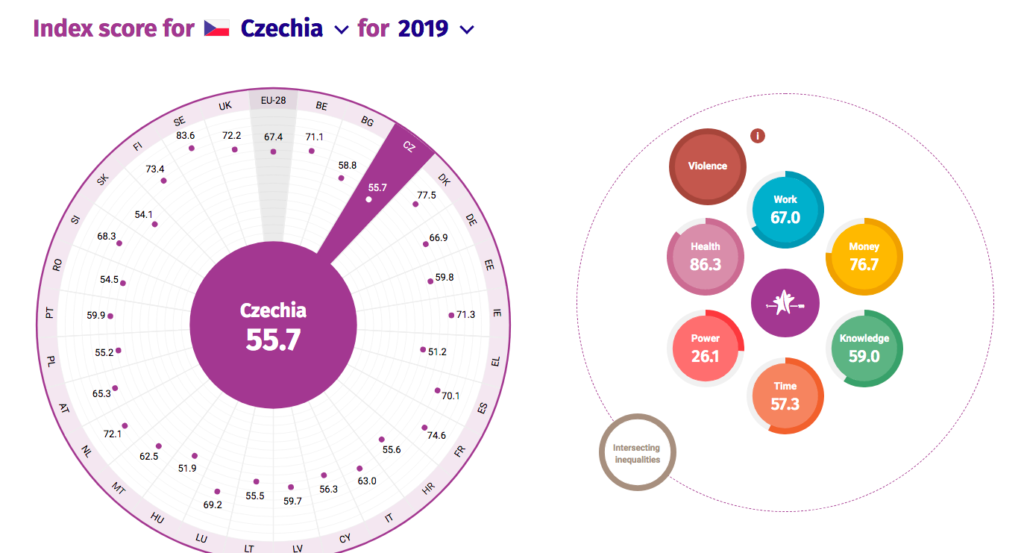
The director Irena Pavlásková just finished her film The Prague Orgy based on a novel of the same name by a literary legend, Philip Roth, one of the most respected writers in the world.
It is the first time in Czech film history that the Czech artist was granted rights personally from such a world-wide famous artist, winner of Pulitzer Award, Man Booker Award, and many other literary awards. It will premiere in Czech cinemas today (Thursday, October 10th)
The story
The story of The Prague Orgy brings us to mid-70s. A famous American writer Nathan Zuckerman – often used alter ego of Philip Roth himself – arrives in Prague to save a manuscript of a banned book. Thanks to searching for the manuscript he gets to know a peculiar and wild Olga and gets into renowned parties where everyone has his or her own way how to escape to short-term freedom.
Zuckerman is attracted to the eccentric woman by her mysteries and is scared by her shameless openness at the same time. Gradually, against his will, he becomes not only a spectator but also a participant of a decadent spectacle, where many people play a false game and no one can be trusted. Zuckerman’s Prague visit is full of bizarre meetings with an extraordinary group of people. It soon becomes almost an adventurous and dangerous mission. In the end, Zuckerman is not sure who is a friend who is a provocateur or an informer. Who are the people form the decadent orgies in the house of the son of a famous painter? Who is a scared student who warns him to leave Czechoslovakia immediately? Who is his guide through the normalization hell? Is he really just a fired theatre director working now as a handyman in a museum? And who is his Olga: a scandalist and a rebel or a player of a double game? Not only Zuckerman’s freedom is in danger, but maybe also his life.
„In the film, the relationship of Olga and Zuckerman is the key one,“ says the director Irena Pavlásková. „Zuckerman is attracted to Olga, but she scares him at the same time. She is so open-minded and without scruples that she embarrasses him and fascinates him at the same time.“
The cast
Nathan Zuckerman is played by Jonas Chernick. A Canadian actor, screenwriter, and producer who was part of tens of Canadian and American TV shows and films.
Olga is played by a Russian actress Ksenia Rappoport. She was born in St. Petersburg and she is a very respectable film and theatre actress who is often casted into international productions. She was nominated for the European Film Award for the lead part in the film La sconosciuta by Giuseppe Tornatore where she acted with Gérard Depardieu.
Pavel Kříž is a Rudolf Bolotka in the film. He is a fired theatre director who is now forced to work as a handyman. Bolotka is a guide for Zuckerman. He brings him to the famous orgies in Prague but he is also an ironic glossary of the society in decay, where everyone sleeps with everybody and informs on everybody as well.
Klára Issová and Jiří Havelka form a couple of Czech emigrants. Their story brings Nathan Zuckerman to Czechoslovakia. And actually it may be the actress Eva who accepted that she won’t continue acting in America but helps Zuckerman to find a new story.
The creative team
Philip Roth based the story on his own experience when he traveled to Prague in the 70s. He visited banned colleagues-writers like Kundera, Klíma, Vaculík, and others. He was also in touch with the Czechoslovak community in New York. In the 70s and 80s he was supporting the banned writers. In 1976 the communist government refused to let Philip Roth into Czechoslovakia and he returned right after the revolution in 1990. Philip Roth died when he was 85 years old on March 2018.
The movie is distributed in two versions in Czech cinemas – in English (original language) with Czech subtitles and also in the Czech-dubbed version.
It will run in English in several cinemas around Prague (Slovanský dům, Cinestar Anděl, Cinema Lucerna) and the whole Czech Republic.
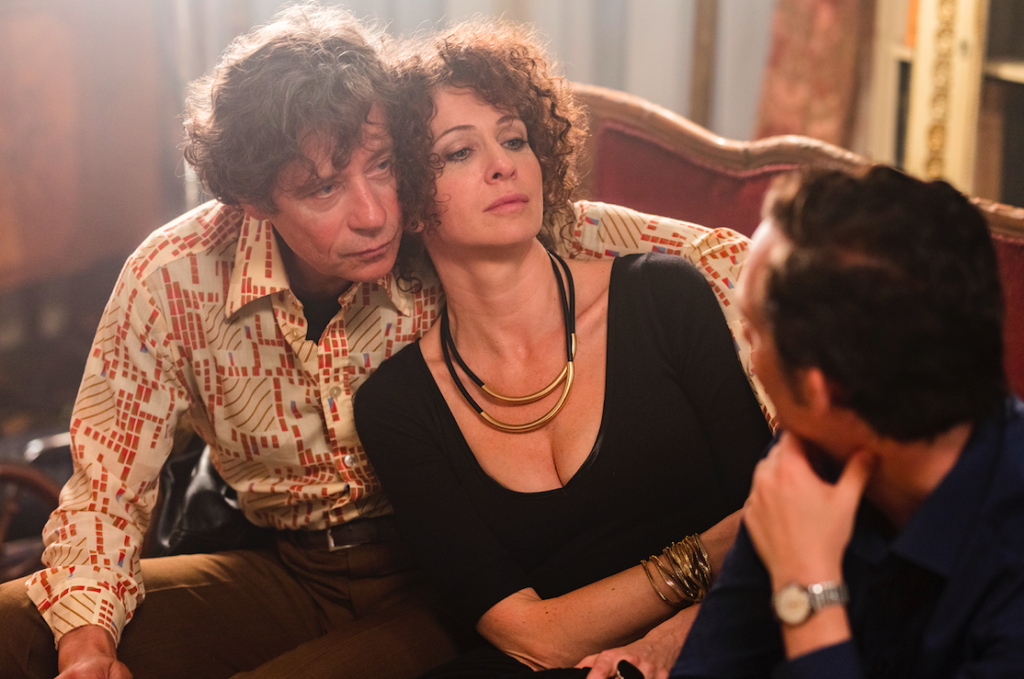
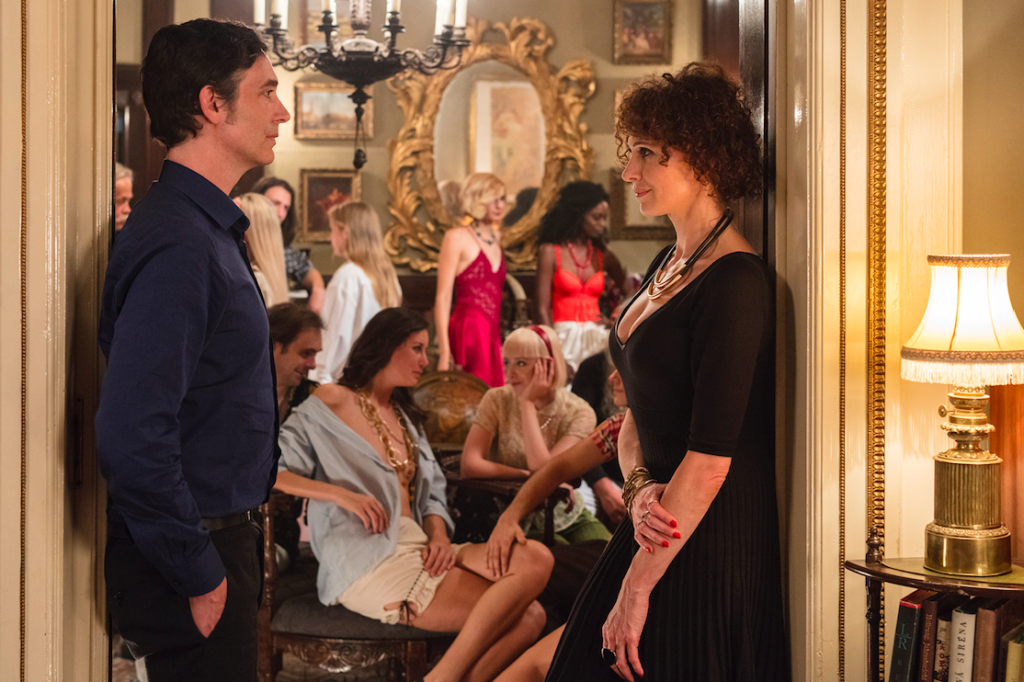
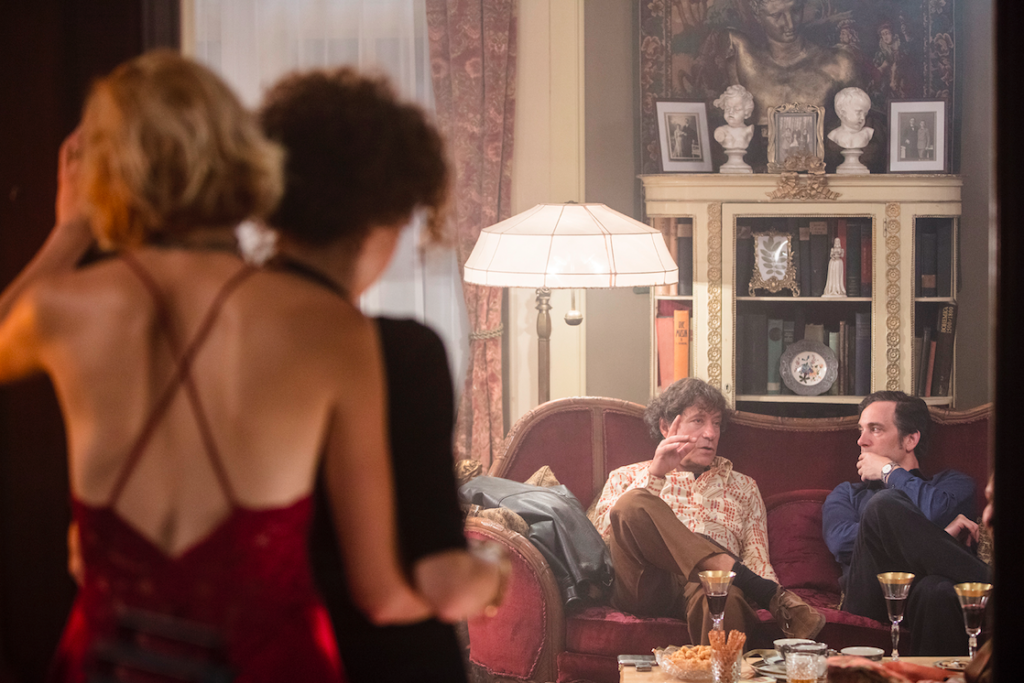
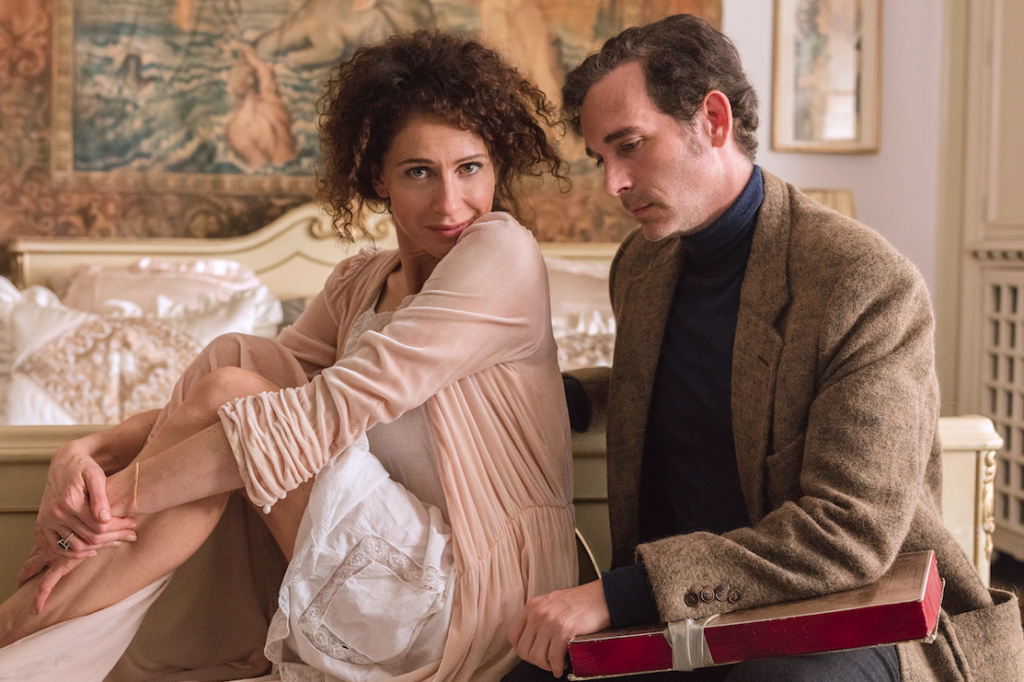
Within the European Mobility Days, the Car Free Day will take place on Saturday 21 September in four Prague locations. In the City centre on Mariánské náměstí in Prague 1 and in the districts of Kbely, Dolní Měcholupy, and Újezd. The motto of this year is “Walk with us”!
The European Mobility Week 2019 program in Prague offers a range of events and accompanying activities. On Monday, September 16, there was the Day without Road Death – EDWARD. The purpose of the event was to make road users think about their traffic behaviour.
On Tuesday there was a discussion on Micromobility as a transport solution in cities. Wednesday offered Traffic Education Day for Children. Thursday belonged to the discussion The Threat of MAMATAXI – aimed at parents who drive their kids to and from school. On Friday, September 20, the second year of the Educational Day without Barriers at the European House in Jungmannova Street was organized.
This EUROPEAN MOBILITY WEEK puts the spotlight on safe walking and cycling and the benefits it can have for our health and environment. Active transport modes such as walking and cycling are emission-free.
The motto of the European Mobility Week highlights walking this year and pedestrians are slowly taking back Prague streets. Mariánské square, once a parking lot, will become on Saturday 21 September a car-free zone with plans to turn it into a cultural hotspot. This day the Mariánské square will be enlivened with live music, theatre performances, dances and workshops for children.
Intended to highlight alternative methods of transportation throughout major European cities, European Mobility Week has been held since 2002.
International Car Free Day, or World Car Free Day, has been developed for decades but gained traction in the 2000s and now coincides with European Mobility Week. Last year, Prague celebrated its first official Car Free Day.
A Czech citizen chained himself to the monument of Soviet Marshal Ivan Konev in Prague in protest against the municipal authorities’ decision to move it to a different location.
“The controversy surrounding the monument to Konev, caused by the Prague District 6 municipal authorities’ decision, affects me personally,” the civil activist told reporters. “My grandfather fought in World War II, that’s why this matter is definitely of my concern.”
The man, who arrived to the capital from the north of the country, said his views were “neither pro-Russian nor pro-American.”
The Communist Party of Bohemia and Moravia, whose support in parliament is important for the country’s government, urged the Cabinet on Monday to hinder plans to relocate the monument.
The municipal council of the Prague-6 municipal district on Thursday voted to relocate the monument to Konev and to create a Prague Liberation Memorial instead. The municipality is still to select a site where the monument to Marshal Konev will be moved.
The Russian Foreign Ministry on Friday expressed indignation over the decision to relocate the monument and warned that such a step would not remain without retaliation.
“The decision made at the municipal level is capable of becoming a major irritant in bilateral relations and overshadow their climate and it will certainly not remain without retaliation. We expect that the initiators of the unprecedented step will change their mind and realize all the consequences of this outrage,” the ministry said.
The monument was placed in Prague in 1980 on the occasion of the 35th anniversary of the city’s liberation by the Red Army’s forces under Marshal Konev’s command. The monument is a property of the municipal authorities.
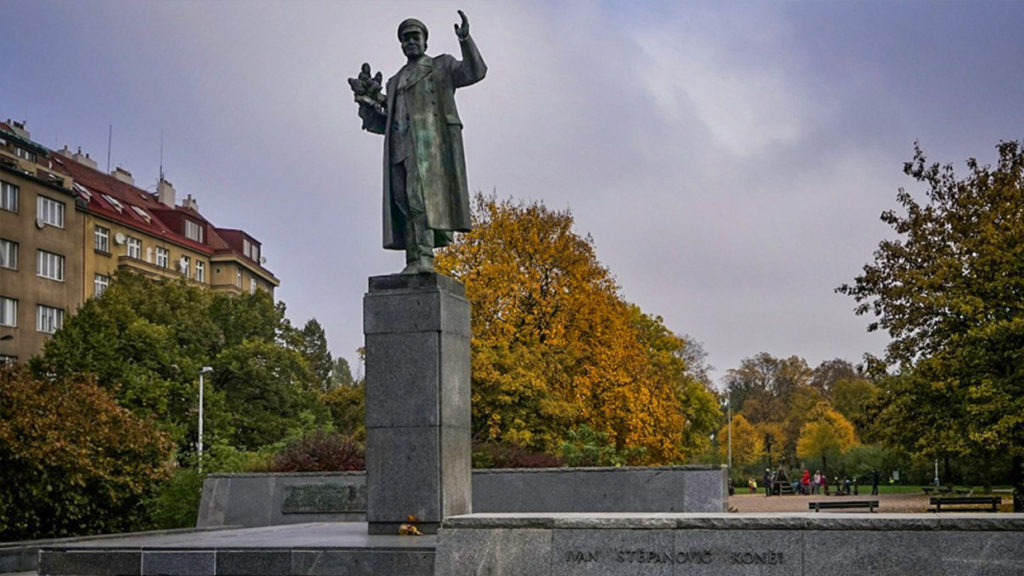
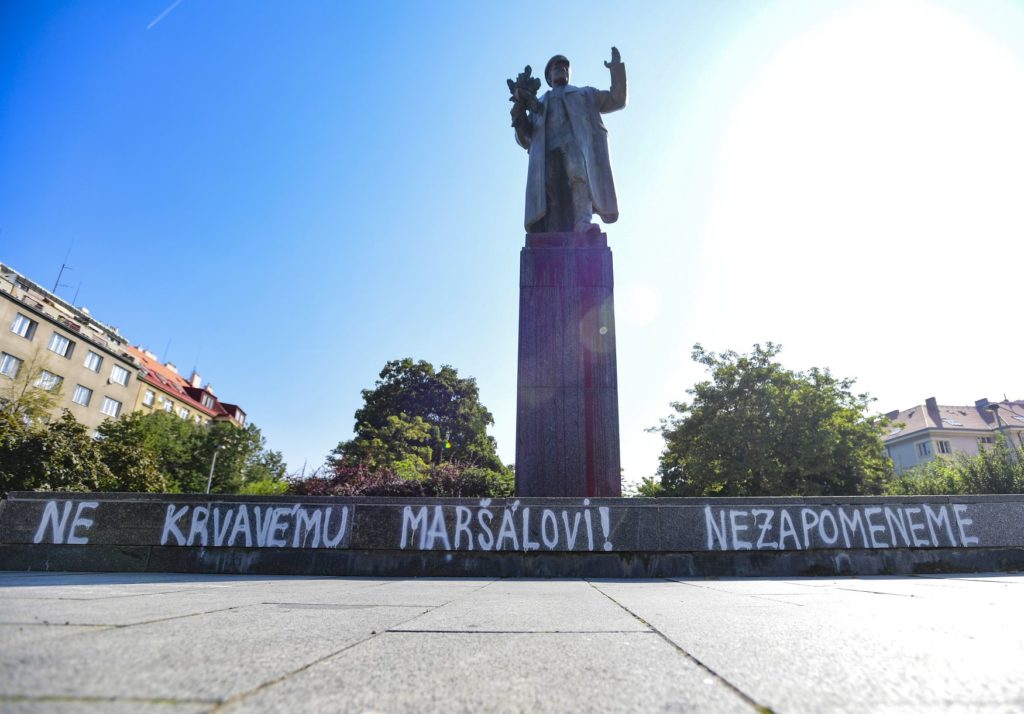
The percentage of employed persons aged 15 to 64 in the European Union (EU) who usually work from home stood at 5.0% in 2018. This figure was highest in the Netherlands (14%), followed by Finland (13.3%) and Luxembourg (11%), and lowest in Bulgaria (0.3%) and Romania (0.4%).
Working from home was slightly more common in the euro area (5.7% of employed persons) than in the EU as a whole.
In the Czech Republic, there are about 206,000 home office workers.
“Working from home or at a distance is increasingly common among Czechs. Ten years ago, there were less than 85,000”, said Jan Krupicka from Europe in Data.
According to Deloitte, home office is more frequent among experienced people in managerial positions (69 percent) than among middle-aged (40 percent) and lower-level workers (36 percent), said Pavel Šimák, Strategy and Operations manager.
The percentage of employed persons in the EU who sometimes work from home has increased steadily over the years, from 7.7% in 2008 to 9.6% in 2017, although the figure in 2017 was down slightly from 2016 (9.8%).
In the EU, more self-employed persons usually worked from home (18.1%) than employees (2.8%). This was true in all Member States.
More women than men work from home in most Member States
In 2017, a slightly higher proportion of women in the EU usually worked from home (5.4%) than men (4.7%). However, in a few Member States, the situation was the reverse, with more men usually working from home than women. This was noticeably the case in the Netherlands (14.7% of men, compared to 12.6% of women) and Denmark (9.5% compared to 7.6%).
Working from home becomes more common with age
The frequency of working from home increases with age. Only 1.6% of 15- 24 year-olds in the EU usually worked from home in 2017, rising to 4.7% of 25-49 year-olds and 6.4% of 50-64 year-olds. The highest proportion of 15-24 year-olds who regularly worked from home was recorded in Luxembourg (10.4%), way ahead of the next-closest Member State, the Netherlands (4.2%).
For the other age categories, the Netherlands came out top (14.8% of 25-49 year-olds and 16.6% of 50-64 year-olds), followed by Finland (13.1% of 25-49 year-olds and 13.6% of 50-64 year-olds).
The new private train journey is offered by MIR Corporation. Guests will enjoy the pleasures of Old World rail travel aboard the luxurious Golden Eagle Danube Express from Budapest to Prague.
On the way, they’ll stop in Bratislava, Vienna, Krakow, and end the tour at a 5-star hotel in Prague. This Budapest to Prague private train tour is scheduled for July 5-12, 2020. Prices range from 160,000 CZK to 510,000 CZK per person.
Days 1-3: Budapest, Hungary • Keszthely
In Budapest, you will visit the Royal Palace, used by Franz Josef of Austria, and Matthias Church, originally built in 1255 and then head for Keszthely on the shores of Lake Balaton. Here, tour the Helikon Castle Museum, or take a boat ride on Lake Balaton.
Day 4: Bratislava, Slovakia • Vienna, Austria
An introductory tour includes a stroll through the Old Town and the imposing Soviet War Memorial at Slavin. After lunch on board, travel the short distance to Vienna. A tour of the city includes the Vienna Opera House, built from 1861 to 1869 in the style of the Italian Renaissance. Admire the many other beautiful buildings around the Ringstrasse, and enjoy a concert at the Lichtenstein Palace.
Day 5: Krakow, Poland
Discover the largest remaining medieval town square in Europe, Rynek Glowny laid out in 1257. Enjoy a free afternoon to explore on your own, or choose to join a tour to UNESCO-listed Auschwitz, the notorious Nazi concentration camp, outside of town.
Days 6-8: Prague, Czech Republic
Enjoy an introduction to the Old Town, admiring the Town Hall, established in 1338, and the 15th-century astronomical clock. Cross the Charles Bridge, explore old Jewish Quarter, with monuments commemorating the life and work of the Jewish community of Prague through the centuries. The tour ends with a visit to the Prague Castle, the largest ancient castle in the world.
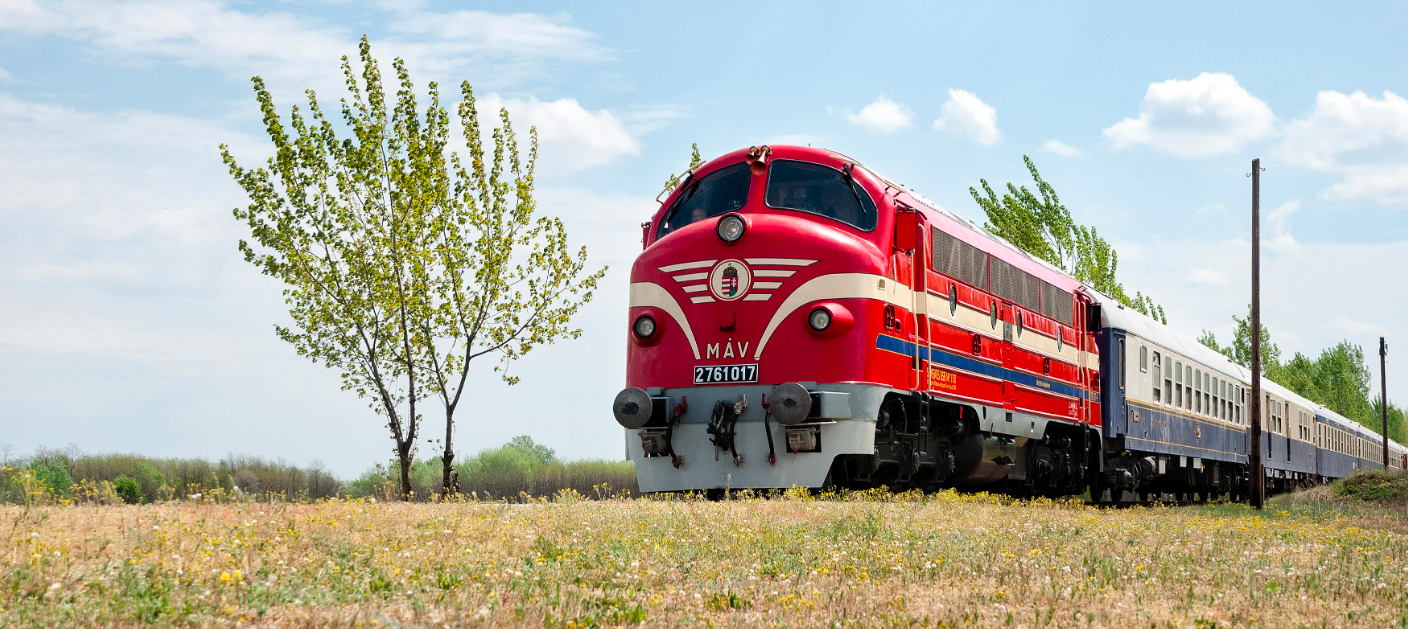
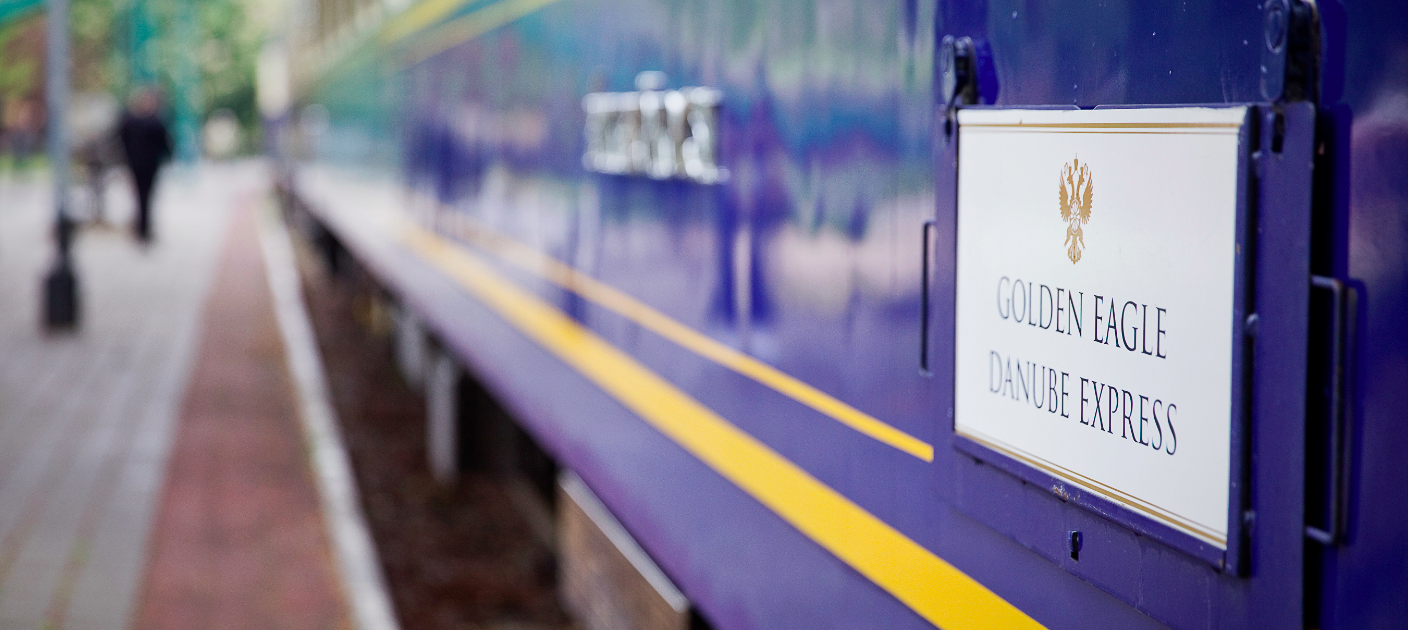
About the Golden Eagle Danube Express
Deluxe class
Each deluxe sleeping car has just five spacious yet intimate air-conditioned en suite cabins (9.2 sq m).
Private bathrooms feature a shower, washbasin, and toilet. There is a heated towel rail, shaver socket, and hairdryer and a range of toiletries are provided.
Co-ordinated fabrics complement wood-paneled walls and brass fittings. Two comfortable armchairs provide daytime seating and a free-standing chair adds flexibility. Cupboards and a full-length wardrobe provide ample storage whilst the large picture window and full-length mirror enhance the spacious feel.
During dinner, the living room is converted into two comfortable lower beds by your attendant who is also on hand to bring early morning tea or coffee or perhaps later, a glass of wine.
Superior Deluxe class
Each superior deluxe sleeping car has just four spacious yet intimate air-conditioned en suite cabins (8.6 sq m). Private bathrooms feature a shower, washbasin, and toilet. Comfortable seating, two large picture windows, ample storage, individual air-conditioning, safe, and in-cabin Wi-Fi. During dinner, the cabin is converted into a luxurious double bedroom by your attendant who is also on hand to bring early morning tea or coffee or perhaps later, a glass of wine.
What’s included
- Breakfast, lunch, afternoon tea and dinner daily
- Inclusive alcoholic and non-alcoholic drinks throughout
- Optional in-cabin breakfast to start the day
- Dining experiences in local restaurants
- Live musical performances
- Welcome and farewell dinners Tea, coffee and bottled drinking water served in your cabin
